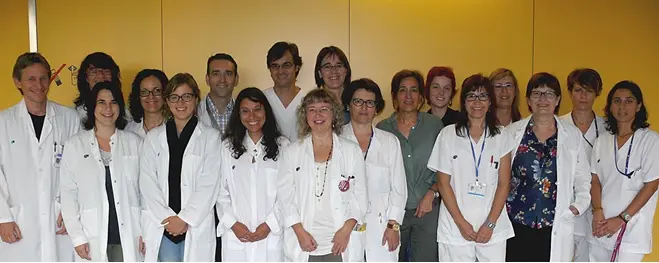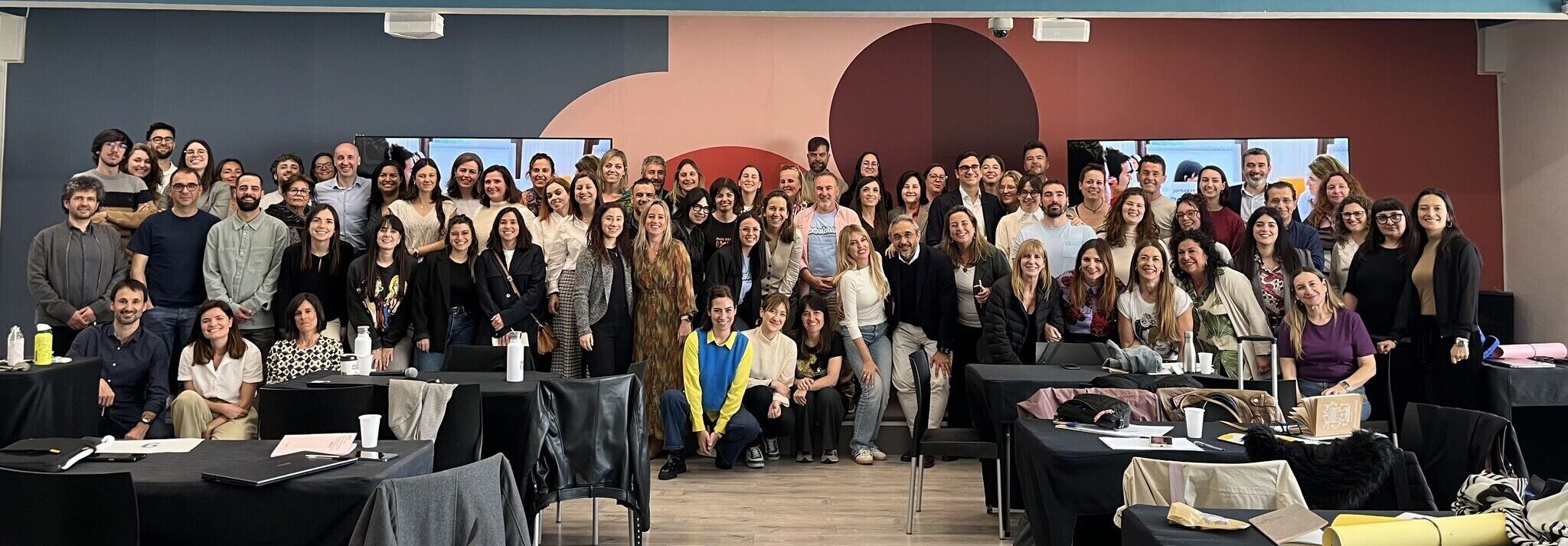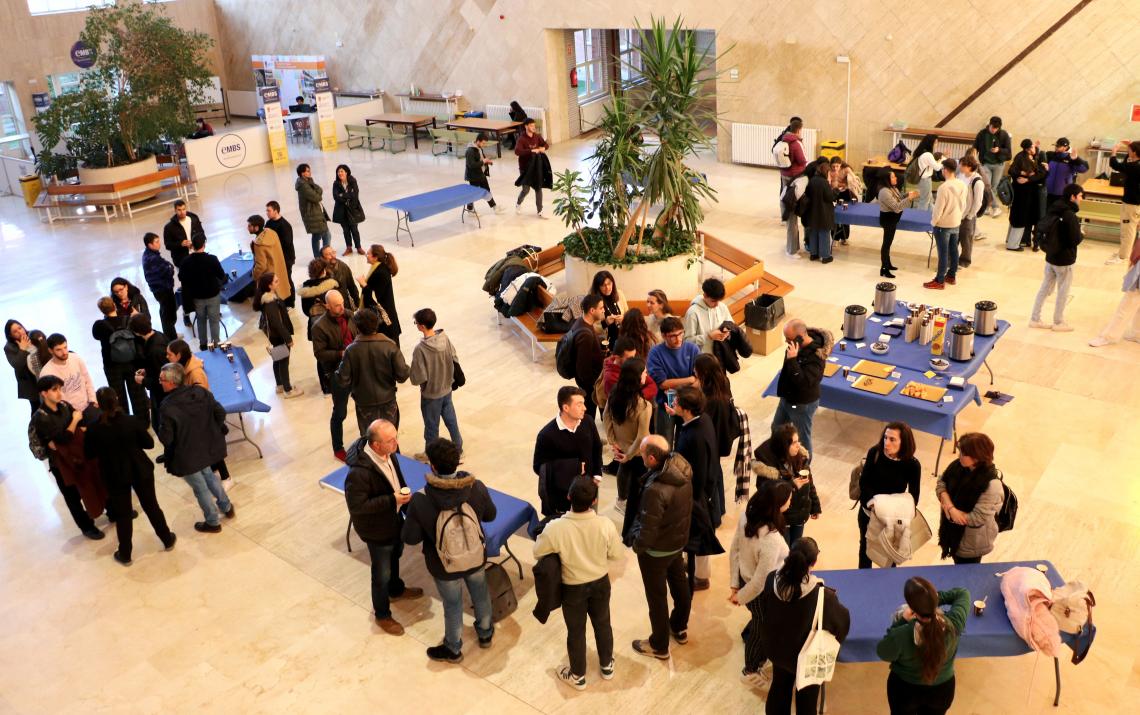
‘Intensifica’t al Taulí’, a programme to promote research
Together with the Instituto de Investigación e Innovación Parc Taulí, we are promoting ‘Intensifica’t al Taulí’’, a grant programme aimed at professionals attending this institution and who are heading research projects. These funds mean that they can take a 12-month break from their activities to focus more on their research.
Dr Assumpta Caixàs, a specialist in Endocrinology and Nutrition, who heads an obesity and Prader-Willi syndrome group, is one of the doctors who has received this grant. Her line of research focuses on different aspects of obesity, such as the effects of bariatric surgery on swelling and inflammation, gut microbiota and psychopathology. We spoke with her and asked us to talk to us about the benefits of taking part in this programme.
How has your research developed since taking part in ‘Intensifica’t al Taulí’?
I have managed to make progress in my research thanks to a 50% reduction in activities that require me to be there in person over one year. This has given me more time to continue with projects that I had already begun but had had to put aside because I just didn’t have the time. One particularly positive aspect is the 5-week stay at NYONRC (New York Obesity and Nutrition Research Center) in Columbia University, where I will be processing data and writing a paper on bariatric surgery and microbiota.
What do you think of companies like the Banco Sabadell Foundation, which promote programmes aimed at encouraging research?
I think it is commendable that private entities take part, doing their bit to allow clinical researchers to take some time out from day-to-day activities that require them to be there in person to focus on research that would otherwise never be finished due to time constraints, and I for one am very grateful.
What do you consider to be the key milestones in your line of research?
For me, the key milestones in terms of obesity and bariatric surgery would be to find predictive factors of whether patients will respond well to the surgery or not, so that these can be taken into account when deciding whether patients should be put on the list for more aggressive or less aggressive surgeries. In terms of Prader-Willi syndrome, the key milestones would be the development of a specific drug to improve their attitudes relating to food and the desire to eat to excess.


